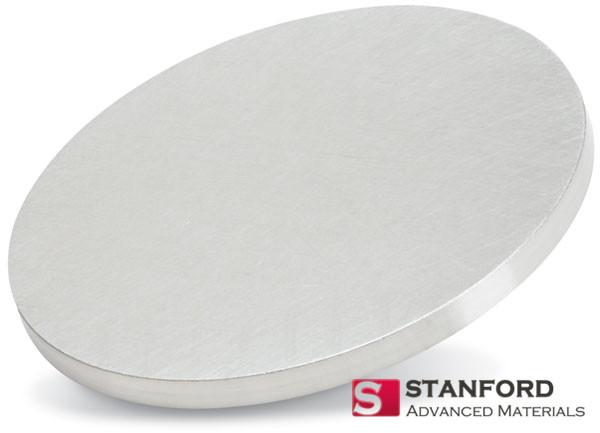


You do not have to pay a dental charge if: Make sure you understand whether you are paying for NHS or private treatment, or a mixture of the two, before treatment begins.īe aware that being repeatedly late for your treatment sessions or failure to attend appointments may result in the early termination of the course of treatment. Most dentists provide both NHS and private dental treatment. You will not be charged for individual items within an NHS course of treatment.ĭepending on what you need to have done, you should only ever be asked to pay one charge for each completed course of treatment, even if you need to visit your dentist more than once to finish it.Ī course of treatment is completed when the treatment listed in your treatment plan has been provided in full.
Nickel chromium how to#
Band 3 course of treatment – £306.80 This covers everything listed in Bands 1 and 2 above, plus crowns, dentures, bridges and other laboratory work.įor information about help with dental charges, including how to claim a refund, see our section on help with health costs.Īny treatment that your dentist believes is clinically necessary to achieve and maintain good oral health should be available on the NHS.Band 2 course of treatment – £70.70 This covers everything listed in Band 1 above, plus any further treatment such as fillings, root canal work or removal of teeth but not more complex items covered by Band 3.

Band 1 course of treatment – £25.80 This covers an examination, diagnosis (including X-rays), advice on how to prevent future problems, a scale and polish if clinically needed, and preventative care such as the application of fluoride varnish or fissure sealant if appropriate.Urgent dental treatment – £25.80 This covers urgent care in a primary care NHS dental practice such as pain relief or a temporary filling.The information on this page explains what you may have to pay for your NHS dental treatment. To see MatWeb's complete data sheet for this material ( including material property data, metal compositions, material suppliers, etc), please click the button below.Dentistry is one of the few NHS services where you have to pay a contribution towards the cost of your care. This page displays only the text of a material data sheet. Power Generation – superheater tube supports, grid barriers and ash-handling systems.Pollution Control – combustion chambers in solid waste incinerators.Chemical Processing – process heaters and insulating cans in ammonia reformers combustion components and catalyst grid supports in nitric acid production catalyst regenerators and air preheaters in polyethylene production.Thermal Processing – baskets, trays and fixtures for annealing, carburizing, carbonitriding, nitriding and other heat treating applications: radiant tubes, muffles, retorts, flame shields and burner nozzles in industrial furnaces furnace atmosphere generators infrared radiant shields.It will not become embrittled by extended exposure to high temperatures. The nickel-base also assures good resistance to stress corrosion cracking.Ĭ 601 exhibits excellent tensile and yield strengths and good creep-rupture strength. The high chromium and nickel content of C 601 provide a substantial degree of resistance to carburizing, nitriding and sulfur containing environments. It has good resistance to aqueous corrosion and high mechanical strength. This alloy exhibits outstanding resistance to both cyclic and static oxidation at temperatures up to 2300☏ (1260☌). Metal Nonferrous Metal Nickel Alloy SuperalloyĬarlson Alloy C 6021 is a nickel-chromium alloy, developed specifically for high –temperature service.


 0 kommentar(er)
0 kommentar(er)
